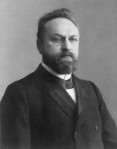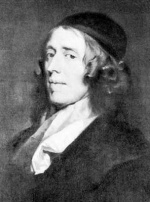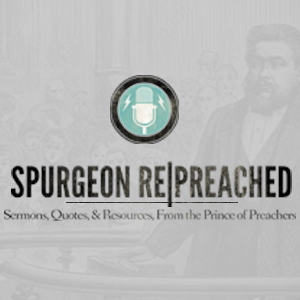
It is a comfortable consideration, that he with whom we have to do, our great High Priest, who once put away our sins by the sacrifice of himself, and now for ever appears in the presence of God for us, is not only possessed of sovereign authority and infinite power, but wears our very nature, and feels and exercises in the highest degree those tendernesses and commiserations, which I conceive are essential to humanity in its perfect state. The whole history of his wonderful life is full of inimitable instances of this kind. His bowels were moved before his arm was exerted: he condescended to mingle tears with mourners, and wept over distresses which he intended to relieve. He is still the same in his exalted state; compassions dwell within his heart. In a way inconceivable to us, but consistent with his supreme dignity and perfection of happiness and glory, he still feels for his people. When Saul persecuted the members upon earth, the Head complained from heaven; and sooner shall the most tender mother sit insensible and inattentive to the cries and wants of her infant, than the Lord Jesus be an unconcerned spectator of his suffering children. No, with the eye, and the ear, and the heart of a friend, he attends to their sorrows; he counts their sighs, puts their tears in his bottle; and when our spirits are overwhelmed within us, he knows our path, and adjusts the time, the measure of our trials, and every thing that is necessary for our present support and seasonable deliverance, with the same unerring wisdom and accuracy as he weighed the mountains in scales and hills in a balance, and meted out the heavens with a span. Still more, besides his benevolent, he has an experimental, sympathy. He knows our sorrows, not merely as he knows all things, but as one who has been in our situation, and who, though without sin himself, endured when upon earth inexpressibly more for us than he will ever lay upon us. He has sanctified poverty, pain, disgrace, temptation, and death, by passing through these states: and in whatever states his people are, they may by faith have fellowship with him in their sufferings, and he will by sympathy and love have fellowship and interest with them in theirs. What then shall we fear, or of what shall we complain; when all our concerns are written upon his heart, and their management, to the very hairs of our head, are under his care and providence; when he pities us more than we can do ourselves, and has engaged his almighty power to sustain and relieve us? However, as he is tender, he is wise also: he loves us, but especially with regard to our best interests. If there were not something in our hearts and our situation that required discipline and medicine, he so delights in our prosperity, that we should never be in heaviness. The innumerable comforts and mercies with which he enriches even those we call darker days, are sufficient proofs that he does not willingly grieve us: but when he sees a need-be for chastisement, he will not withhold it because he loves us; on the contrary, that is the very reason why he afflicts. He will put his silver into the fire to purify it; but he sits by the furnace as a refiner, to direct the process, and to secure the end he has in view, that we may neither suffer too much nor suffer in vain.
~John Newton~
John Newton and Richard Cecil, The Works of John Newton, Vol. 2: Letter IV to Mrs. **** (London: Hamilton, Adams & Co., 1824) p. 20-21.
Books by John Newton
Kindle Books
Other Newton Quotes
Tags: John Newton, The Letters of John Newton














